Simon Jenkins Reveals His Best Views in England [PHOTOS]
Ahead of his latest book release about English scenery, Sir Simon Jenkins has revealed the top 10 vistas available in England.
Jenkins' book, England's 100 Best Views, is due for release later this week and in it he picks his best views, including the White Cliffs of Dover and Hadrian's Wall.
In his book, he tells the story behind each view, exploring its historical, geographical, botanical and architectural background.
His very top spot, however, goes to Borrowdale in the Lake District, looking from Castle Crag down towards Derwentwater.
"My intention is to examine not only the landscape but also our emotions in responding to it, the impact it makes on the eye and the imagination," he said.
"I am not describing a mere picture of Buttermere's pines, Snape's marshes, Beachy Head or Tintagel - I am there, experiencing and trying to articulate the beauty of these places. In my opinion, this awareness is what distinguishes a picture from a view.
"To me a view is an ever-changing blend of geology and climate, the seasons of the year, the time of day, even my own mood when I see it. It is the soothing dance of sun across a Dorset pasture, the flicker of light on the River Thames, the tricks of rain clouds over a Yorkshire dale."
Jenkins, the chairman of the National Trust, has written books on politics, history and architecture, including England's Thousand Best Churches. He has also penned a series of books looking at views in different parts of England.
"This book is a celebration of the hills, valleys, rivers, woods and settlements that are the landscape of England. I came to marvel at them while seeking out the best of England's churches and houses" he said.
"My approach is to list the best views in England. I accept that such a list is personal, and that there are hundreds of other equally glorious candidates. But I defend the concept of best, contesting the idea that beauty of any sort, especially of landscape, is subjective. The history of civilisation is of the search for a community of terms, for definitions of beauty that have general meaning, leading to discussion and conclusion.
"If visual beauty were purely subjective, conversation about art would cease and custodianship and conservation would have no basis. We must find agreement on what is lovely in our surroundings if we are to know what we are trying to protect."
Here are Jenkins' top five views in England:
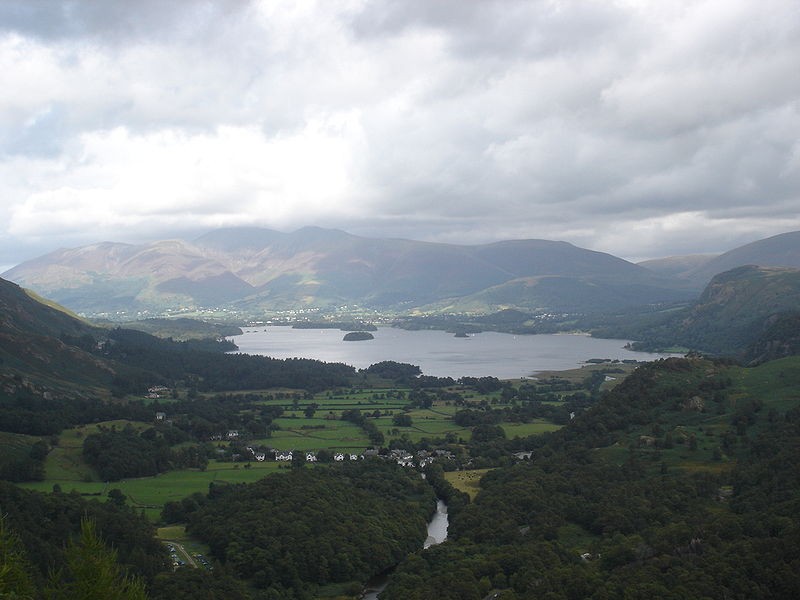
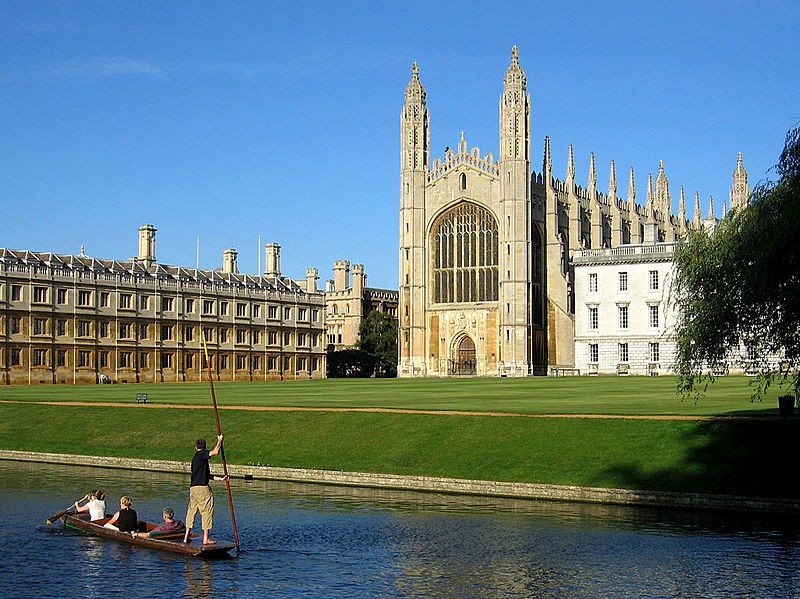
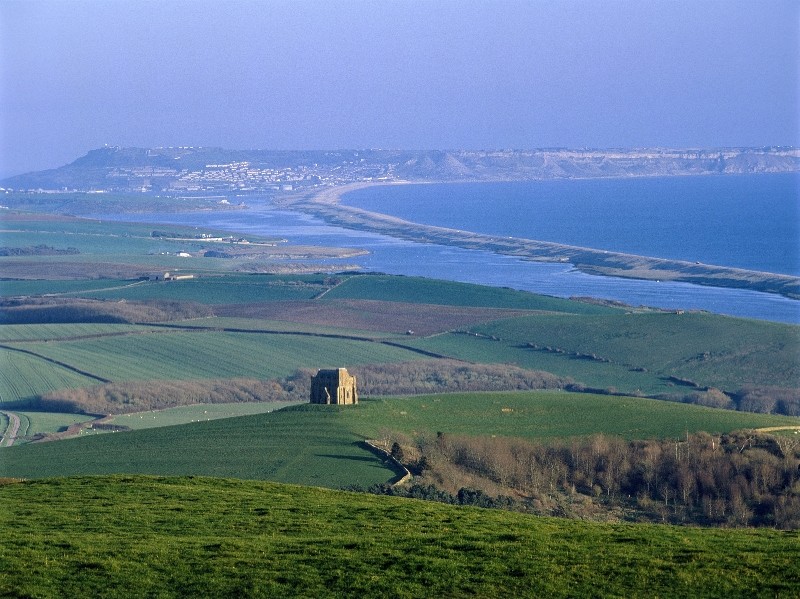
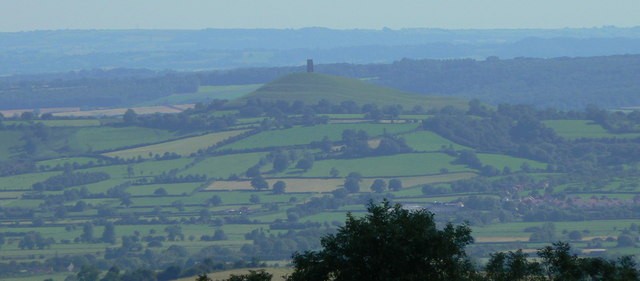
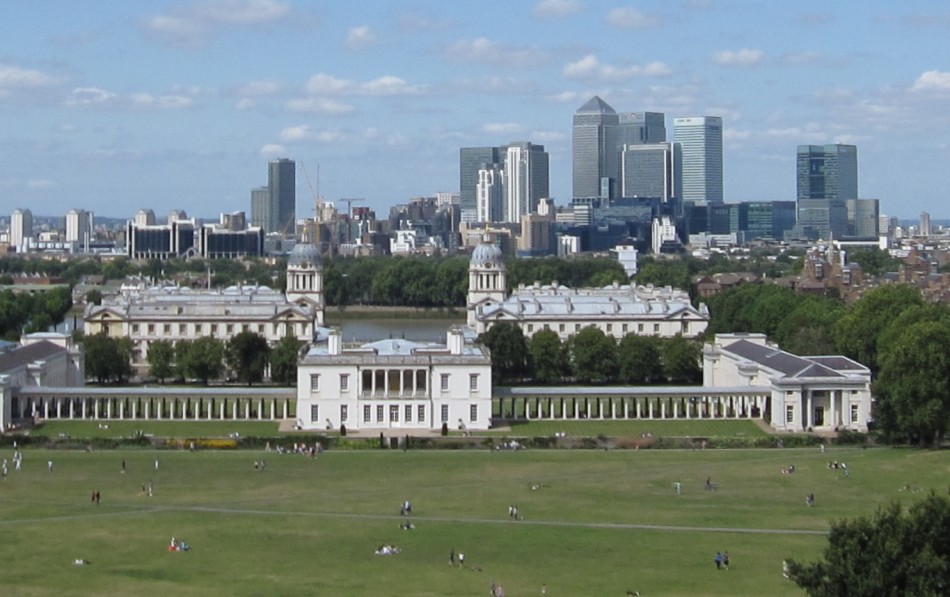
© Copyright IBTimes 2024. All rights reserved.






